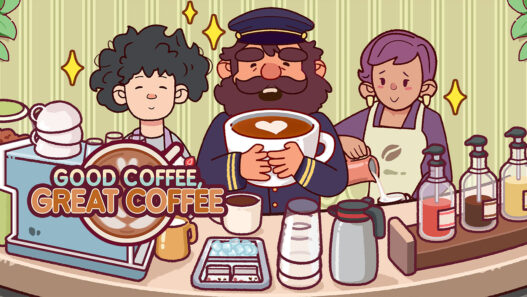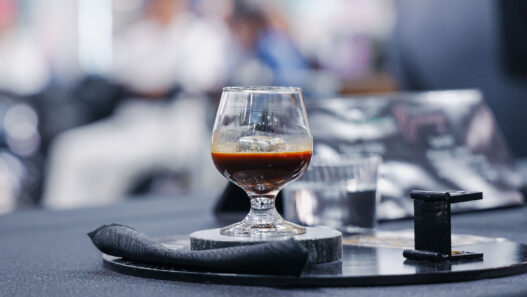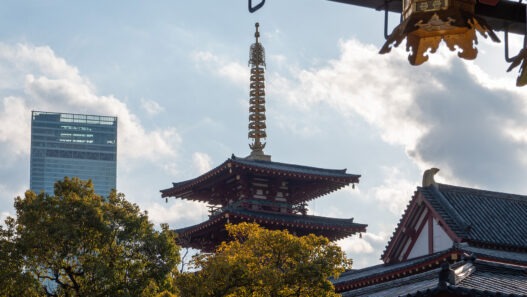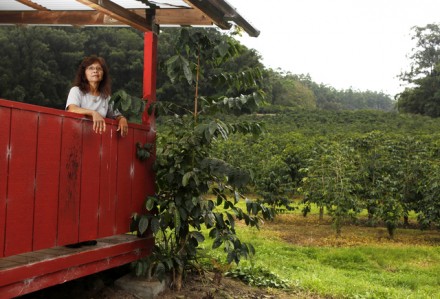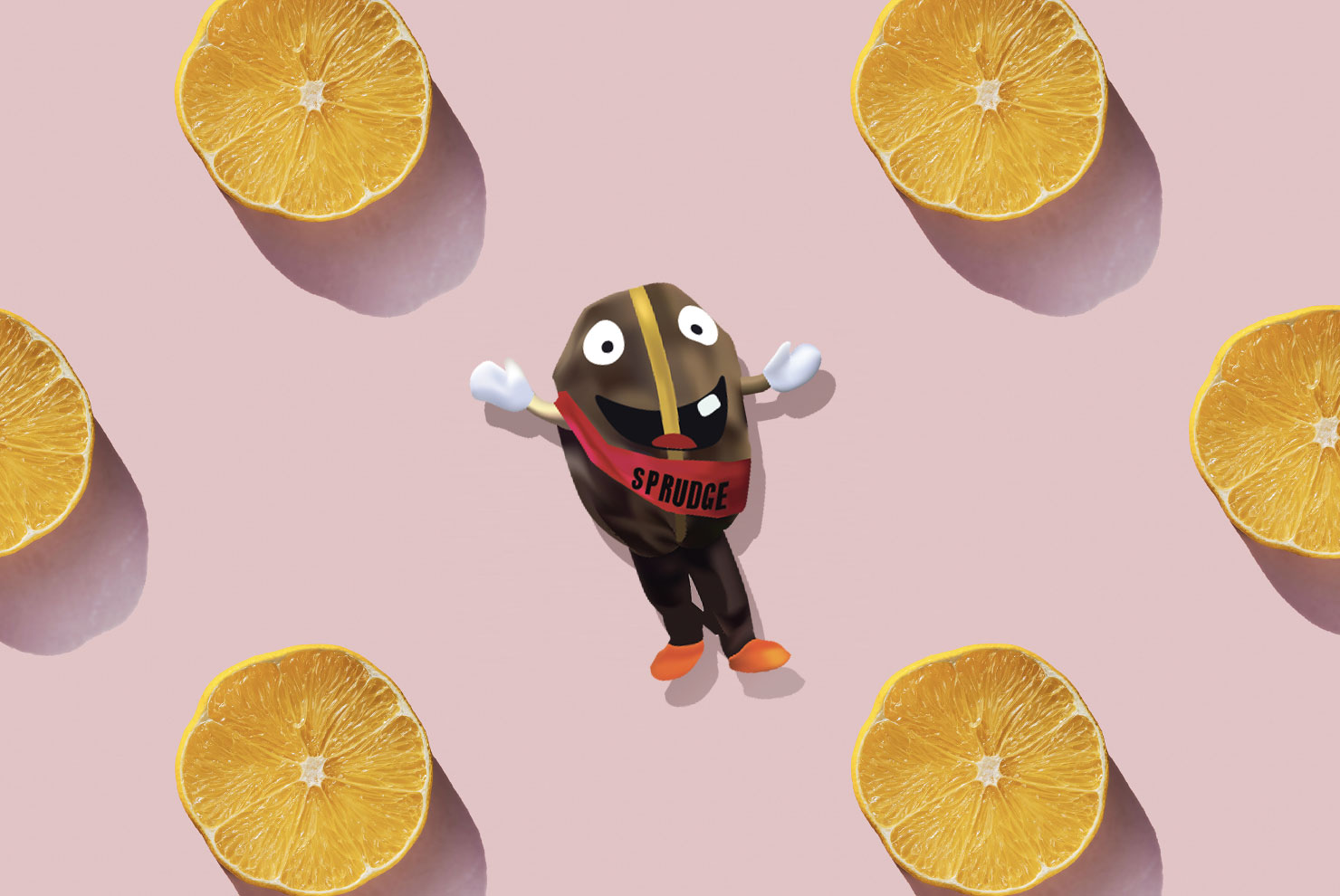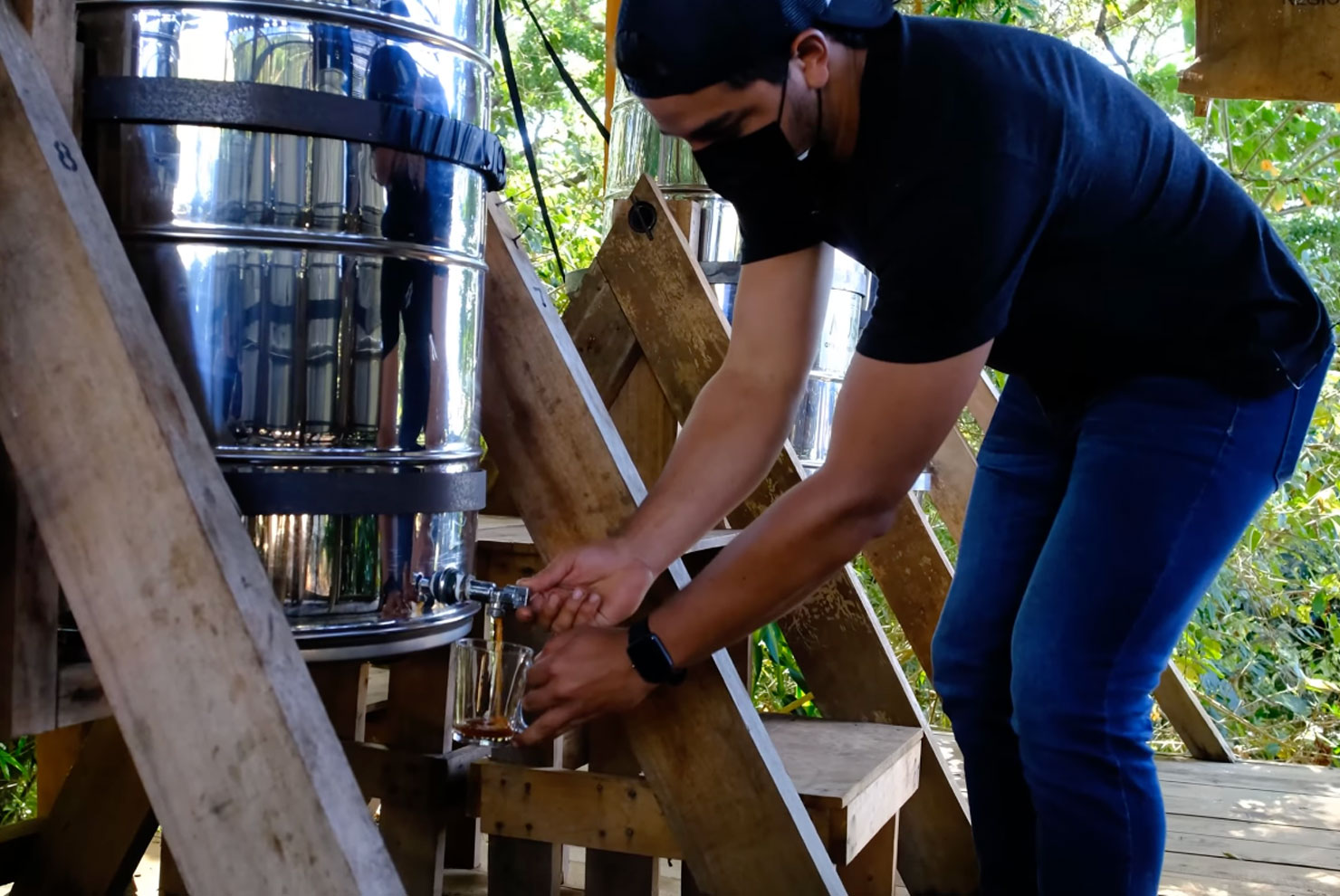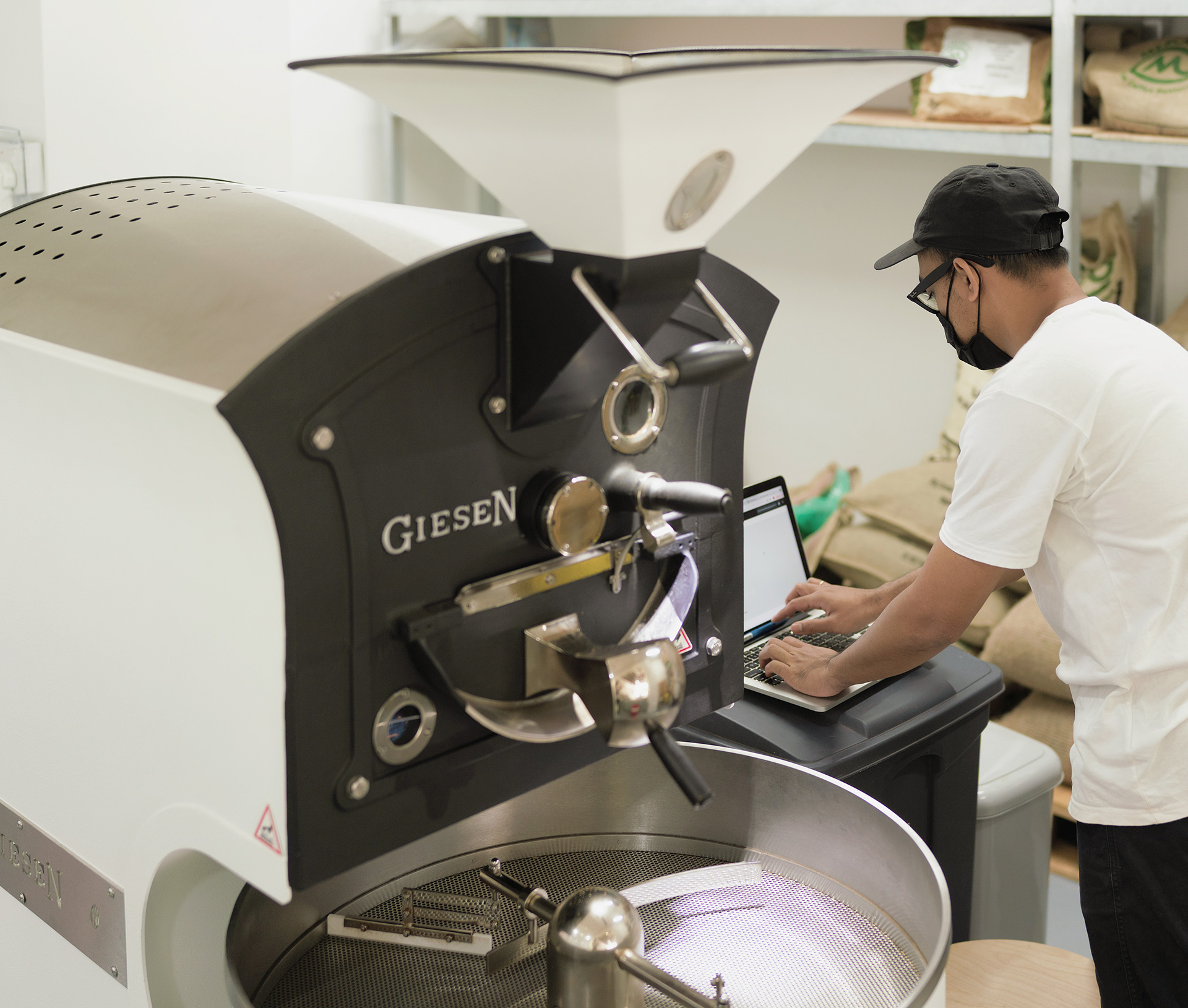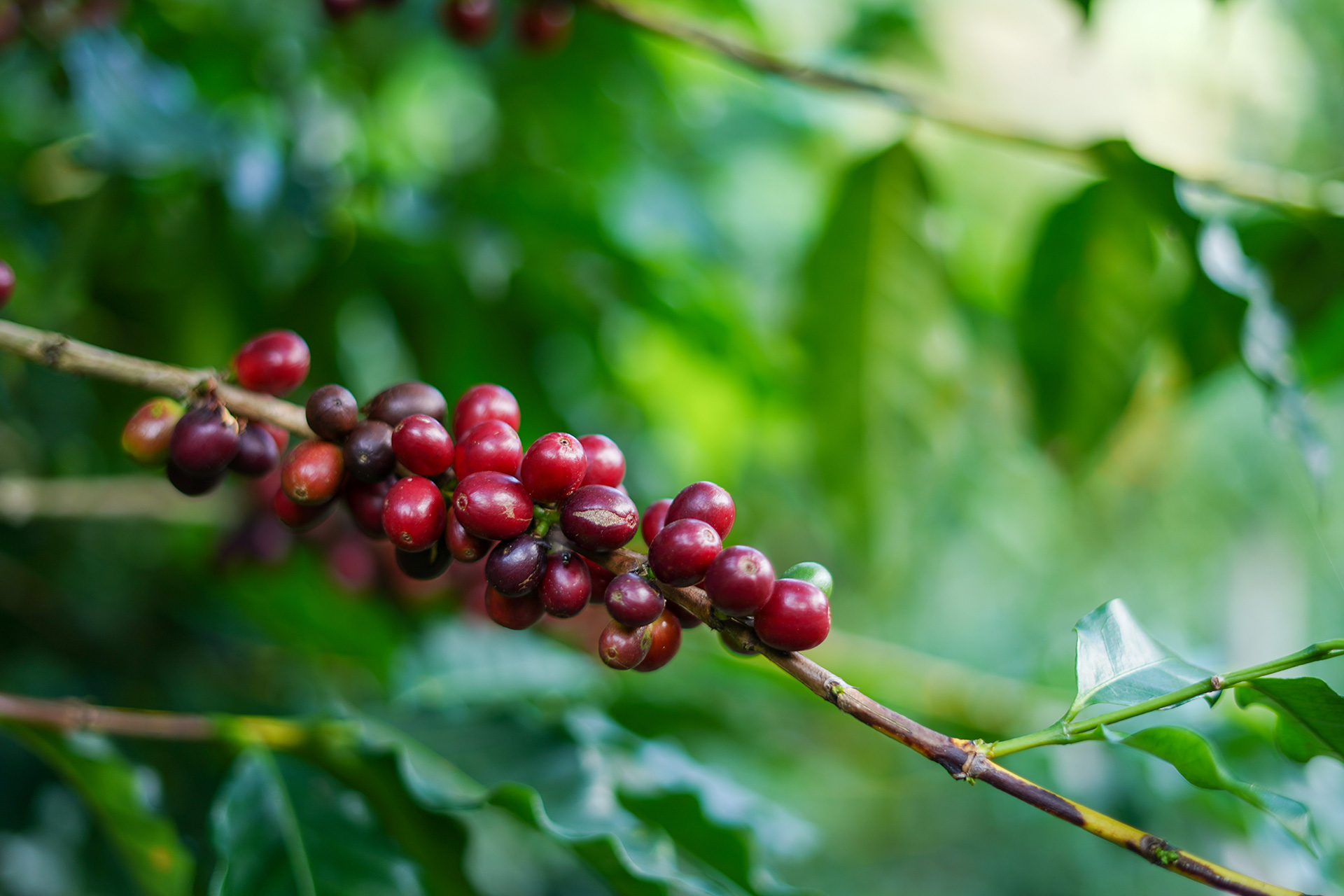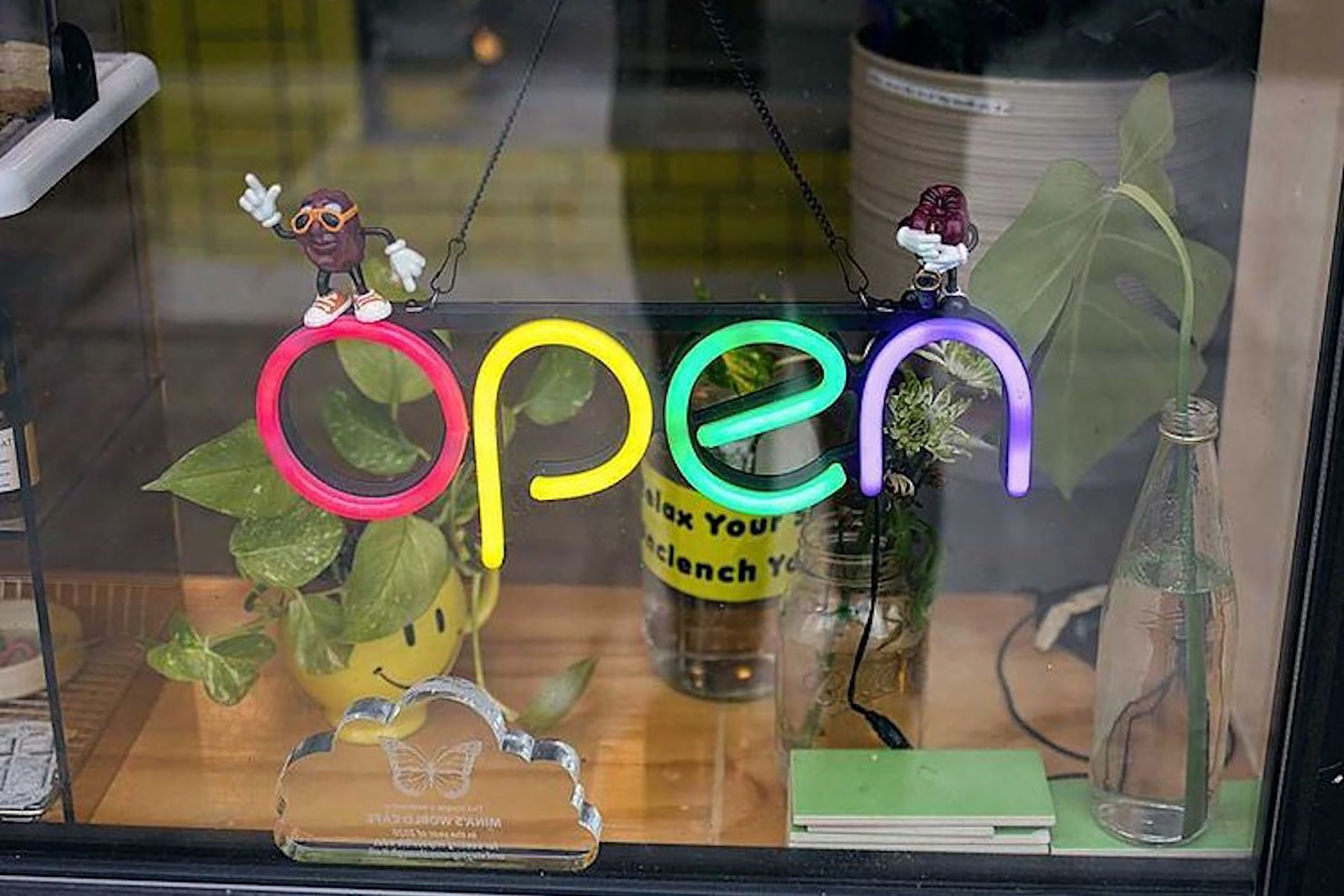Will Hawaii’s prized Ka’u coffee be bulldozed to build condos?
That’s what Andrew Hetzel, Hawaii resident and Cafemakers founder, asked on Twitter after news broke that coffee producers like the famed Rusty’s Hawaiian might soon be losing their lease.
In a foreclosure settlement last year, Lehman Brothers acquired 5,880 acres of land on the Big Island of Hawaii. Parts of the land are currently leased by Ka’u coffee growers, and Lehman Brothers appears committed to selling the entire land to the highest bidder. As reported by West Hawaii Today, coffee producers like Lorie Obra of Rusty’s Hawaiian are worried that the new owners won’t renew their leases.
The land Lehman Brothers owns is attractive property that could be seen as an opportunity to develop high-end real estate. In Ka’u, Mayor Billy Kenoi has been making efforts to protect the coffee farmer’s interests during this uncertain time. More from West Hawaii Today:
Obra started the coffee farm about 15 years ago on 12 acres of leased land with her late husband, Rusty. In 2012, the farm made the Roasters Guild’s top 10 list in a global competition.
Like other farmers, Obra said the uncertainty about who will own the land has her worried.
We reached out to Lori’s daughter, Joan Obra, for comment on behalf of Rusty’s Hawaiian, a farm that rose to national prominence after providing the beans for Pete Licata’s winning 2011 United States Barista Championship routine. Obra paints a slightly more optimistic picture of the situation on the ground in Ka’u. We’ve published her statement in its entirety below.
Also, please know that it’s business as usual as far as local farmers growing, processing and roasting Ka‘u coffee. Some farmers already have expired leases on the land in question. It’s our understanding that no farmers with expired leases have been forced to leave their farms – as long as they continue to make payments as though their leases were still current.
There are a lot of good reasons to hope that the new landowner would want to continue growing coffee and work with the current farmers. First, introducing large-scale development to this land would be costly. The Ka‘u coffee farms under question are in the mountains. There are no utility poles or pipes of treated water that would support condominiums (which was a possibility raised on Twitter). In some parts of the coffee fields, you can’t get a phone signal or Internet access. Also, you need 4-wheel drive to reach some areas of the coffee farms. And the rain can be copious, which causes cars to get stuck in mud and affects the gravel roads.
Second, of all the land that’s for sale, the portion covered by Ka‘u coffee farms is the biggest economic success story. Part of that achievement is due to government encouragement after the sugarcane industry (then a major employer in Ka‘u) exited our area in the mid-1990s.
The transformation of the former sugarcane fields into thriving family-run coffee farms has not been easy. County, state and federal governments have contributed funding and/or expertise to help Ka‘u coffee farmers produce and promote our coffee. So when Hawai‘i island Mayor Billy Kenoi says he wants to protect the farmers, that is consistent with the actions of county government over the years.
Of course, it’s not just the government that has a vested interest in continuing our coffee industry. Our community is fiercely proud that various farmers in Ka‘u have created some of the world’s best beans. Indeed, we are woven into the fabric of this community. These are small towns. We depend on each other, and many of us are related to one other. The mechanic who fixes your car could be a coffee farmer’s son. The crew that builds your house could be the cousins of coffee farmers.
We welcome a new landowner who understands how important community support is in Ka‘u, especially since this area is remote and has a limited labor pool. (Our town of Pahala is a one-hour drive from Hilo and a two-hour drive from Kona.) If the landowner wants to continue the coffee farms, it just makes sense to work with the current farmers. We are the local residents who have experience growing coffee in these particular microclimates.
For all of these reasons, we’re very optimistic that we will continue on our current farm after the land is sold. But it’s also important to note that we have deliberately diversified to reduce risk. Collectively, Rusty’s Hawaiian and Isla Custom Coffees have a reach that extends far beyond Ka‘u.
Developing…
Top photo via West Hawaii Today.








